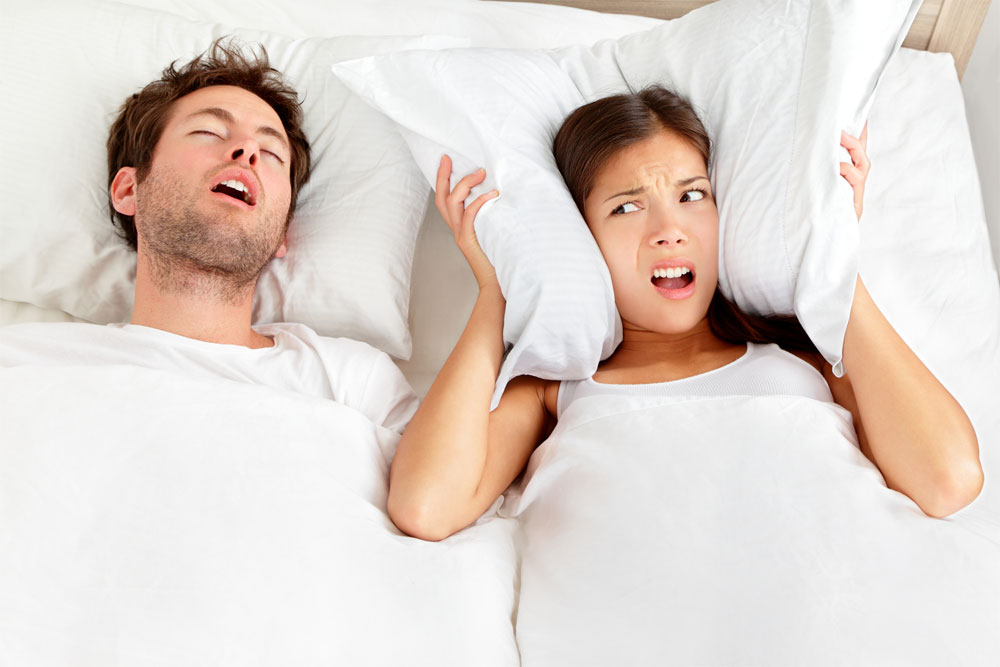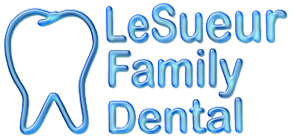Sleep apnea is a serious sleep disorder where breathing becomes shallow, stops and starts repeatedly. Common symptoms include loud snoring or feeling exhausted even after having slept a full night. There are three main types of sleep apnea: obstructive, central and complex.
If you are experiencing this sleep disorder, your dentist can be of great help. Since the symptoms of sleep apnea may not always be evident and audible, you may not even realize you have a problem. However, your dentist can detect these less obvious signs just by having a candid conversation with you. Further diagnostic steps that can be taken may involve an examination, and inquiries about your recent discomforts and pains. Your dentist may suspect you have sleep apnea especially if you complain about morning headaches, lethargy, or a dry mouth.
A dentist is usually the first to detect potential health problems and disorders mostly because they are in frequent contact with their patients, unlike a general physician. If your dentist detects signs of sleep apnea, you will be sent to see a sleep medicine specialist who will then assess your condition. If you are diagnosed with the disorder, you will be sent back to your dentist for further treatment.
There are various treatment options for sleep apnea that vary in accordance with the intensity of the problem. If you experience light sleep apnea, you may be asked to change your sleeping habits, sleeping position, lose weight, quit smoking or wear a dental appliance at night to help reposition the tongue and jaw to enhance airflow.
Most dentists receive special training for treating apnea and are therefore efficient at managing the condition via dental appliances and behavioral modification. However, a verified diagnosis is required from a sleep medicine specialist prior to administering any form of treatment.



